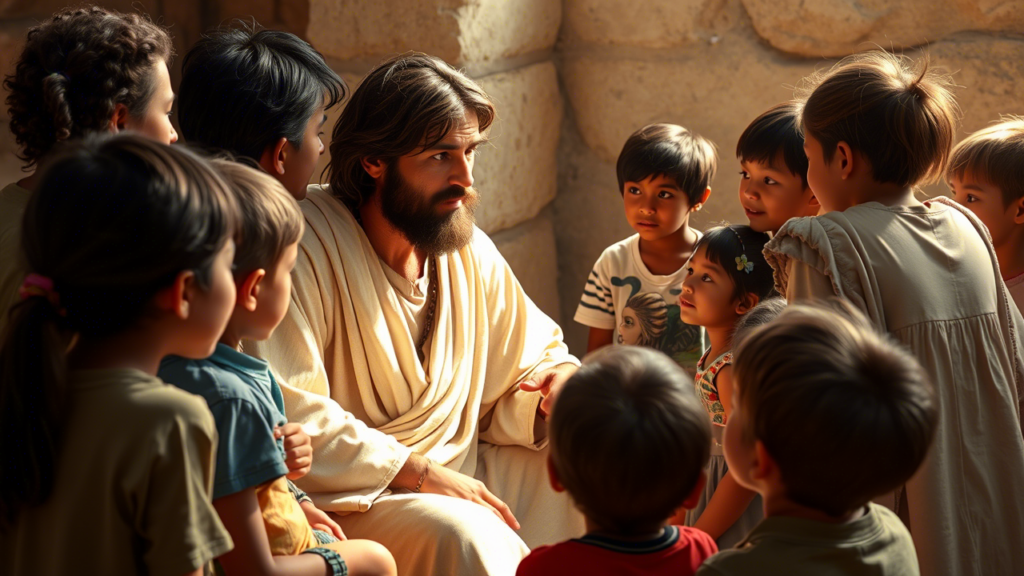Why are long-lasting couples happy?
The secret of long-lasting couples: keys to long-term happiness

32% of divorces in Spain in 2023 occurred after 20 years of marriage or more, according to data from the INE (National Institute of Statistics and Census), and the average length of marriages that ended was 16.4 years. In France, according to an article in Le Monde using data from INSEE and the Ministry of Justice, almost 50% of couples divorce, compared to 12% in the 1970s. The report’s author calls couples who stay together for more than fifteen or twenty years “marathoners.”
“You can’t get married with a Disney mentality and think the relationship will simply ‘flow.’ From the very beginning, you have to build a channel so that the waters flow in their proper direction. And you can build and sing at the same time,” says Piluca. Together with Carlos, they are the parents of four children, but for a time, they also raised six nieces and nephews to help Carlos’s brother after his wife passed away.
Why is it so difficult to persevere in marriage? As journalist Pedro Herrero commented in an interview with Vozpópuli, one of the threats to marriage “is the strange idea that getting married, telling someone you want to build your life with them, isn’t a solemn decision,” and therefore, it’s postponed, believing it will happen “spontaneously.” But he maintains that “life is much more like climbing K2 than constantly partying,” so when thinking about getting married, what is needed “is someone with enough moral strength to face a climb up K2. Someone willing to face suffering, disappointment, failure, illness, or the fear of death with fortitude.”
Herrero’s vision clashes with the mindset of those who cling to the myth of the soulmate or soul mate. Brad Wilcox, in Get Married, devotes a chapter to this false belief: in an individualistic society, marriage is understood as finding the person who completes us and gives us the happiness we seek. According to Wilcox, it’s a model “that places personal needs, desires, and feelings at the center” and in which “if the marital connection wears thin […] or becomes difficult to maintain, it’s okay to go in search of a better ‘soul mate.'” As the University of Virginia professor points out, such an approach “makes the transition from self-centered romantic love to other-centered marital love much more difficult.”
Crises That Are Bricks
According to data from the General Social Survey, which Wilcox compiles in her book, the odds of men and women being “very happy” with their lives are 151% higher among those who are married, compared to those who are not. And marital quality is by far the strongest predictor. 60% of American spouses between the ages of 18 and 55 say they are “very happy” in their marriages, 36% say they are “fairly happy,” and 4% say they are not very happy.
In the face of a crisis, love can tremble, but it’s important to strip this word of its tragic aura. “A crisis is a disruption in the balance of a couple. When it arrives, you have to find a way to readjust to overcome that moment of change. This entails a different way of doing things, which, in turn, represents an opportunity for growth,” argues Mercedes Honrubia. Not all crises are caused by an unfortunate event. A job change, a move, the arrival of a child… all represent moments of crisis because they entail change. To weather crises, the family support expert lists the key ingredients: unity, communication, and combining a solid foundation with the flexibility to adjust whatever needs adjusting.
When children arrive…
Sometimes it seems that children, the fruit of their parents’ love, erode this bond. Is this really the case? “Parenting has exhausting phases, and fatigue makes us more vulnerable,” says María Álvarez de las Asturias, a lawyer and canon lawyer who founded the Coincidir Institute in 2012, which she now co-directs with Mercedes Honrubia. She suggests approaching this stage with humor, patience, and without drama, in addition to nurturing the marriage with moments alone together, even using everyday tasks as “opportunities for bonding and sharing.”
Source: Aceprensa service fragments: “Loving with intention, the key to long-lasting happy couples” by Lucía Martínez Alcalde
Related

Explaining Holy Week to Our Children: A Journey of Faith and Hope
Laetare
11 April, 2025
4 min

Christian Leadership in Business: A Model of Humility, Justice, and Solidarity
Javier Ferrer García
10 April, 2025
3 min

Guiding Our Decisions with God’s Will in Daily Life
Patricia Jiménez Ramírez
10 April, 2025
4 min

What are you going to do with your life?
Luis Herrera Campo
10 April, 2025
2 min
 (EN)
(EN)
 (ES)
(ES)
 (IT)
(IT)

